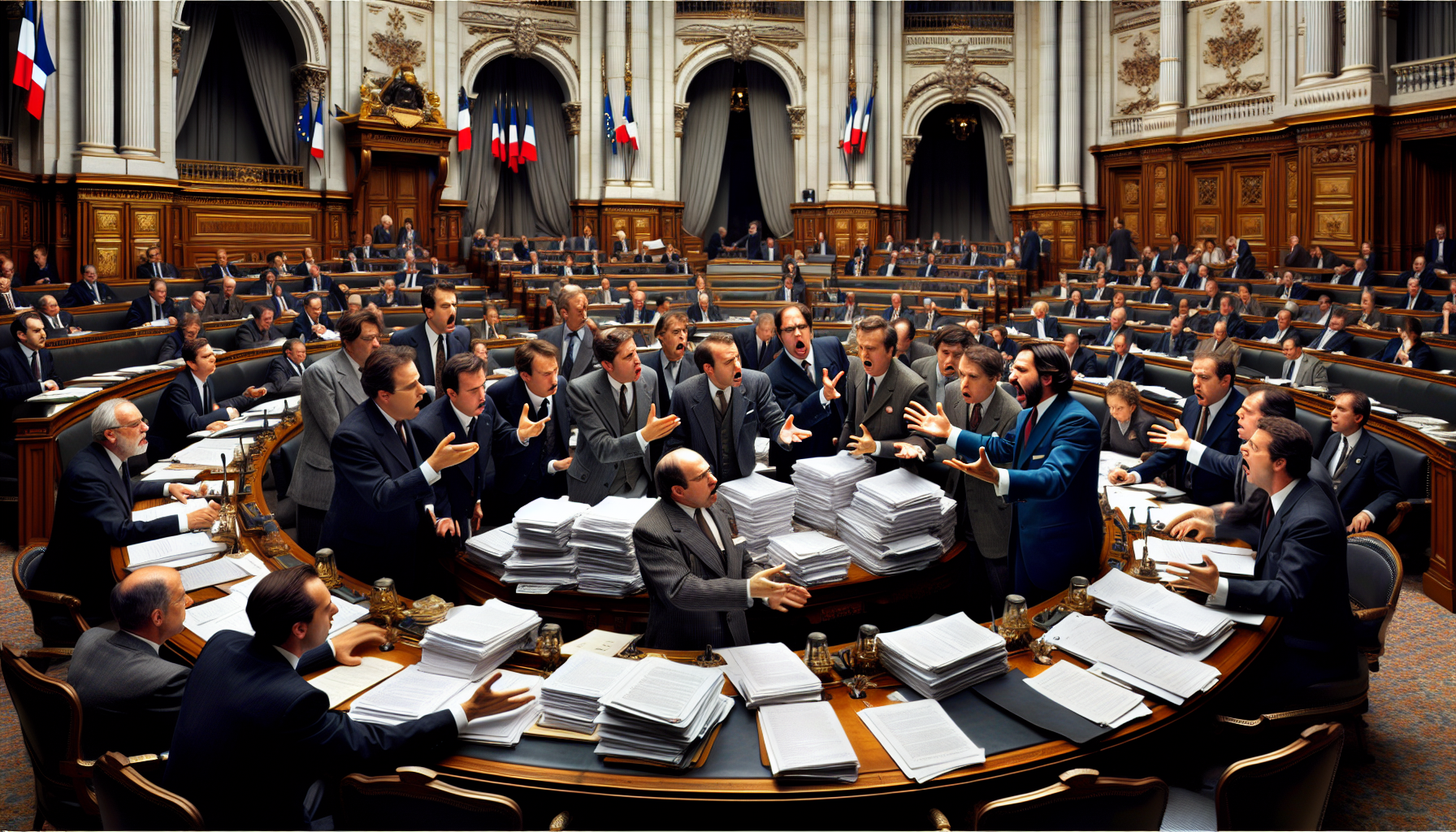Debates on France's 2026 budget project promise to be fierce in the National Assembly, with over 1,700 amendments filed for the revenues section. Budget rapporteur Philippe Juvin sharply criticizes the planned tax increases and calls for cuts in public spending. The finance committee review begins on Monday, October 20, in a tight schedule.
Debates on the 2026 budget at the National Assembly begin this Monday, October 20, in the finance committee, following the filing of 1,744 amendments on the first part concerning revenues, according to the Assembly's website. This figure, slightly lower than the 1,857 from the previous year, exceeds the commission's target of 1,200, but President Eric Coquerel (La France insoumise) considers it a "normal number of amendments for a PLF" and believes the intense pace will allow progress.
The budget's general rapporteur, Les Républicains deputy Philippe Juvin from Hauts-de-Seine, voiced strong criticisms in an interview with Les Échos published Saturday. "The budget project includes 14 billion in tax increases, that's way too much. (...) We need the least taxes possible in the 2026 budget," he stated. Of the 30 billion euros in efforts planned by Minister Sébastien Lecornu, 17 billion target spending, a balance Juvin wants to revise to prioritize budget cuts.
He firmly opposes the tax on patrimonial holdings, which "will have effects on thousands of SMEs" and would penalize 20,000 to 30,000 businesses. He also defends the Dutreil pact, a tax relief mechanism for family business transfers, wishing to touch it only "at the margin." Regarding the 10% deduction for retirees, replaced by a 2,000-euro flat rate, he calls it "abrupt" and suggests keeping the 10% with a ceiling lowered to 4,399 euros per household.
Juvin calls for hitting Chinese platforms like Shein and Temu harder, deeming the 2-euro tax on small packages "largely insufficient." For spending, he proposes reducing public job growth from 8,459 to zero, except for Interior, Justice, and Armed Forces, including fewer teachers. Other measures include freezing automatic promotions (exempting category C), not replacing one in three retiring civil servants, and a voluntary departure plan at 70% of salary.
Amendments highlight divisions: the Rassemblement national and allies file about 200, aiming to make overtime tax-free; Ensemble pour la République submits over 300, some challenging government measures like the holdings tax. The left proposes a Zucman tax on high assets or a climate wealth tax, while oppositions unite LFI, LR, and ciottistes against the retiree deduction change. Without using Article 49.3, plenary debates promise to be fierce by October 24.

